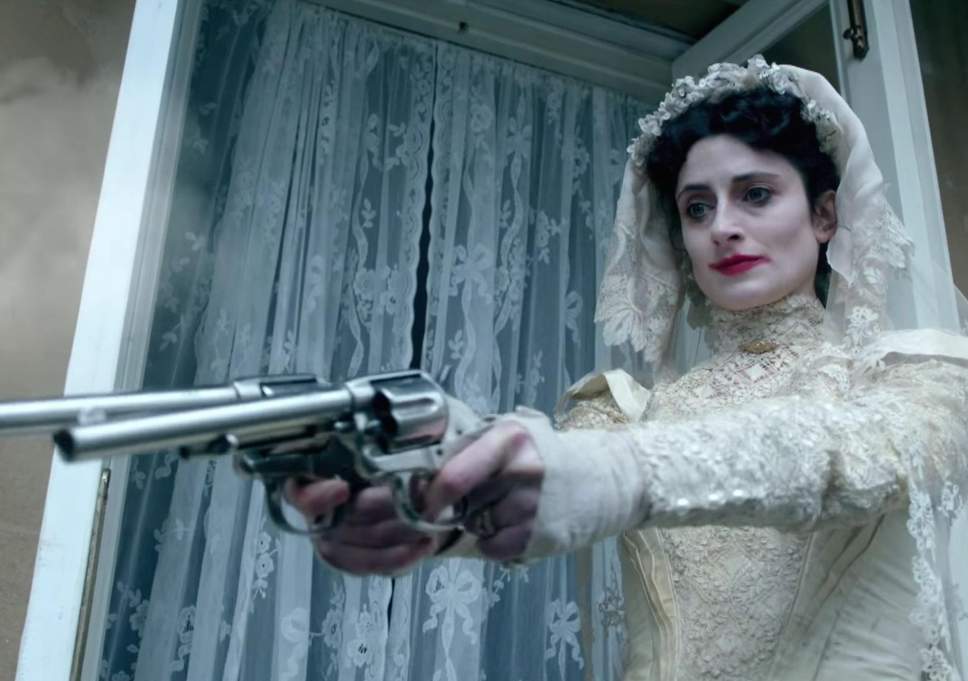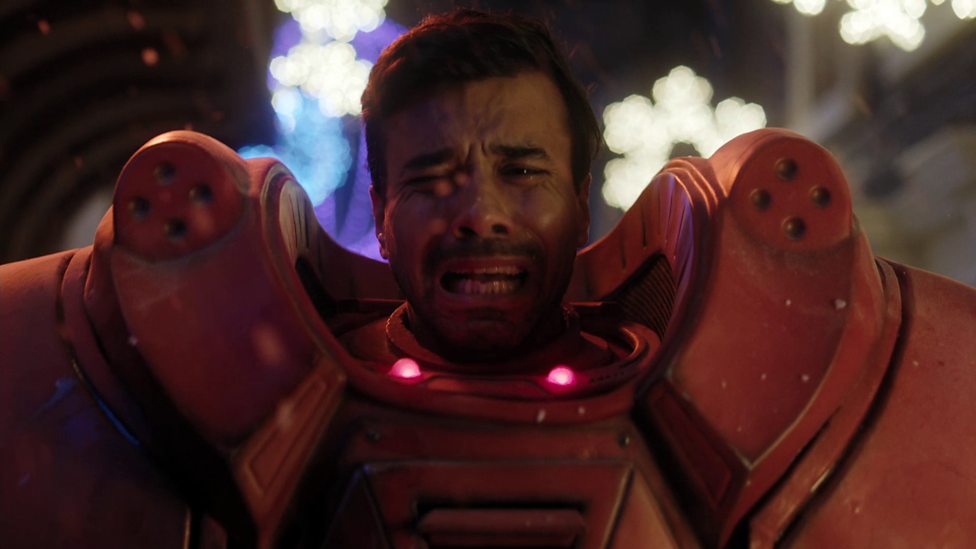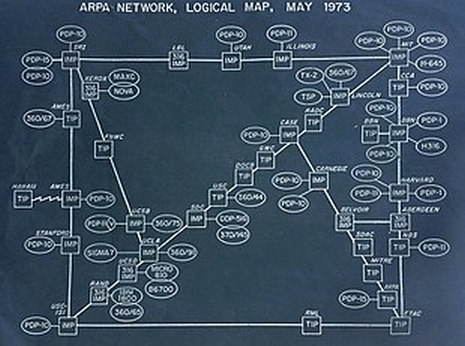Rosa Review
A strange case where the episode itself matters less than the standards you decide to apply to it. What, exactly, do we want out of “Doctor Who meets Rosa Parks”? What is this supposed to do? A lot of us, myself included, reacted with a measure of wariness to, really, the whole affair. There are a lot of very obvious ways to do this wrong, and very little sense of how you’d do it right. The news that it’s by Malorie Blackman was comforting, but the fact that Chibnall saw fit to rewrite a black woman on Rosa Parks was ominous, and Blackman’s absence from the publicity and relative silence about the episode on Twitter seemed a bad omen.
In light of that, the easiest emotion to feel about the episode itself is relief. This is tightly constructed and coherent in ways previous episodes haven’t been. The character work is appreciably more lively. As a technical object, it’s vastly improved over both of the episodes before it. And despite a few clumsy moments, most obviously the bathos of the “they even named an asteroid after her” sequence, this is mostly considerably more subtle and intelligent than one might have feared. In an episode where the “don’t screw it up” stakes are high and the bar for doing so even higher, the Chibnall era has once again acquitted itself.
None of this, however, answers the question of what we want out of this. The nature of Jodie Whittaker’s casting means that the Chibnall era is essentially unable to even pretend to be apolitical, but this is the first time it’s really stepped up and owned that role. And yet as a framework for talking about race in Doctor Who, Rosa Parks is profoundly limited and, in its own way, lazy. The racism is displaced onto a foreign country, the historical figure is easy to remain hagiographic about, and the targets are soft as can be. In three weeks time we get Doctor Who doing the partition of India, a concept whose politics are equally overt, but that feels dangerous and uncertain in entirely different ways—ways in which it’s a lot less clear what the show is even going to say. Here there’s never really any doubt what the basic political angle is going to be.
Of course, it’s not as though “racism is bad” is an unnecessary message in 2018. Far from it; it’s hard to think of a period in the program’s history where an overt anti-racism stance is more vital. But there are unquestionably framings of that stance that have a hell of a lot more teeth than this possibly can. Yes, the treatment of Ryan throughout the episode (and to a secondary degree Yaz) is viscerally upsetting, but it’s also framed entirely as “look at those people in the past.” They just as easily and justifiably could have hurled racist abuse at him in The Woman Who Fell to Earth. They’ll be perfectly able to next week. The fact that this is unthinkable (regardless of whether it’s a good idea) tells us a lot about how limited a confrontation with the brutal materialism of racism this is.…


 Fascism, of course, always had a lot more in common with classical liberalism than most people realise. Fascism was built around the defence of private capitalism. Far from being the ideologically ultra-statist economic nightmare of right-wing mythology, fascist economics was complex and opportunistic. It sometimes used nationalisation as well as privatisation. Indeed,
Fascism, of course, always had a lot more in common with classical liberalism than most people realise. Fascism was built around the defence of private capitalism. Far from being the ideologically ultra-statist economic nightmare of right-wing mythology, fascist economics was complex and opportunistic. It sometimes used nationalisation as well as privatisation. Indeed, 
 Last time in ‘Summing Up’, we talked about how the right-libertarian “views the horror of socially-arranged altruism as worse than the horror of letting people die for want of medical care” because “libertarianism is against individual freedom for all because it depends upon collective liberation”. This, of course, raises another issue. Where does one draw the line? If socialised medicine is totalitarianism for doctors, why is the tacit threat of destitution which lies behind the wage labour system not considered equally bad? The answer to this question is the same brute and vulgar answer we gave already. It comes down to which side you’re on… which, most of the time, in an instance of capitalism creating a self-fulfilling prophecy of the selfish and cynical actor of its own ideological account of human nature, comes down to which class you’re in, or which class your interests are aligned with.
Last time in ‘Summing Up’, we talked about how the right-libertarian “views the horror of socially-arranged altruism as worse than the horror of letting people die for want of medical care” because “libertarianism is against individual freedom for all because it depends upon collective liberation”. This, of course, raises another issue. Where does one draw the line? If socialised medicine is totalitarianism for doctors, why is the tacit threat of destitution which lies behind the wage labour system not considered equally bad? The answer to this question is the same brute and vulgar answer we gave already. It comes down to which side you’re on… which, most of the time, in an instance of capitalism creating a self-fulfilling prophecy of the selfish and cynical actor of its own ideological account of human nature, comes down to which class you’re in, or which class your interests are aligned with.